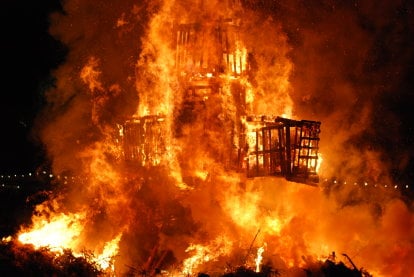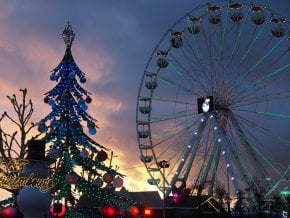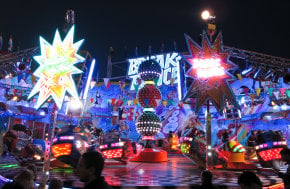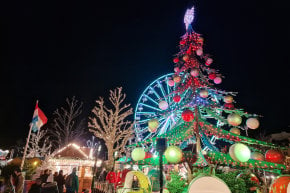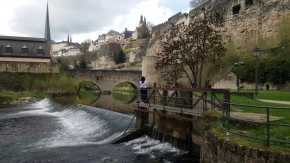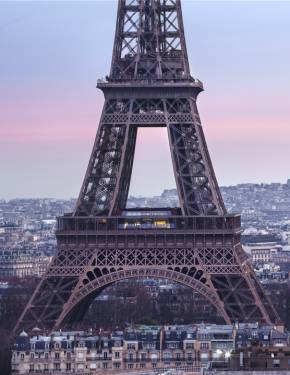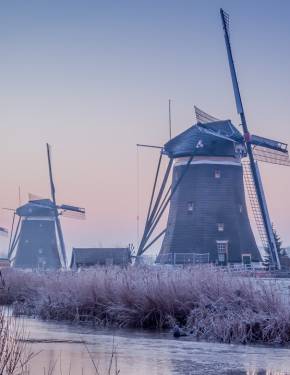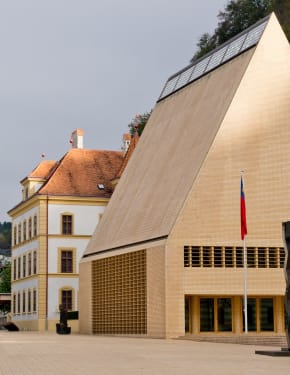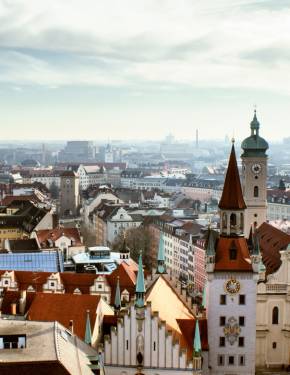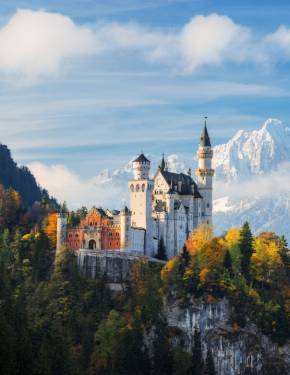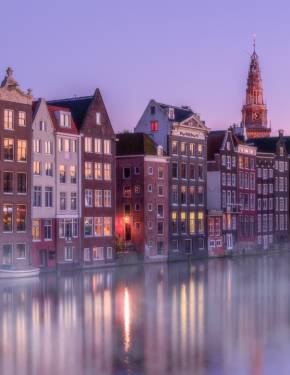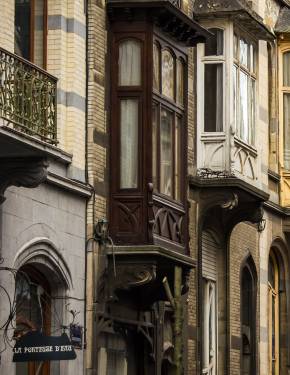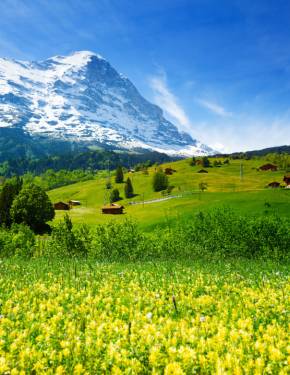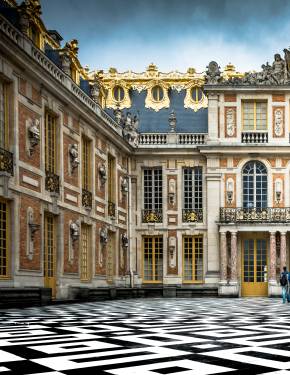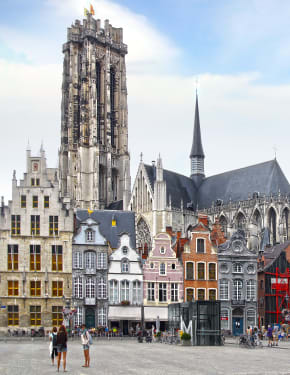Buergbrennen 2025 in Luxembourg
A special local custom to chase away the winter
Dates: March 9, 2025
On the first Sunday after Carnival, towns and villages across the Grand Duchy light the "Buergen" (torches) in a centuries-old tradition meant to chase away the winter. This festive event, known as "Buergbrennen," draws crowds of locals to gather around large bonfires in municipalities throughout the country. Each village hosts its unique celebration, uniting the community as they watch the flames burn down, marking the symbolic end of winter.
Buergen
The towering stakes used to chase away the winter during Buergbrennen take various forms, sometimes resembling small castles but more often appearing as giant bonfires with a cross at the center. These bonfires are built using materials such as straw, brushwood, logs, and even old Christmas trees collected by local clubs and associations in January. The size of each Buerg depends on the amount of material gathered. Typically, youth associations erect the structures and often organize a festive gathering nearby.
Torchlight Procession
At nightfall, the Buerg is ignited before the assembled crowd, symbolizing the burning of winter. It is often preceded by a torchlight procession, culminating in the lighting of the fire as darkness descends. In some areas, the honor of lighting the Buerg is given to the most recently married local couple or a notable local celebrity. In Remich, locals mark the end of the carnival season by creating a life-size straw doll, the Stréimännchen. Dressed in old clothes, the doll is carried through the streets in a procession before being set on fire and thrown into the Moselle River on Ash Wednesday, symbolically chasing away winter.
Traditional Food
Barbecues and traditional dishes like Ierzebulli (pea soup), Bouneschlupp (green bean soup), and Glühwäin (mulled wine) are served to warm the crowd, keeping spirits high as the festival often continues long after the stake has burned down to embers.
Origins
The Buergbrennen, or Faaschtefeier (Lent Festival), was originally a pagan custom. Dating back to ancient times, it has been celebrated around the spring equinox, with the fire symbolizing the rebirth of spring and the end of winter—warmth triumphing over cold, light over darkness. Some also suggest that the burning of the Buerg serves as a symbolic reminder of the era when witches were burned at the stake.

